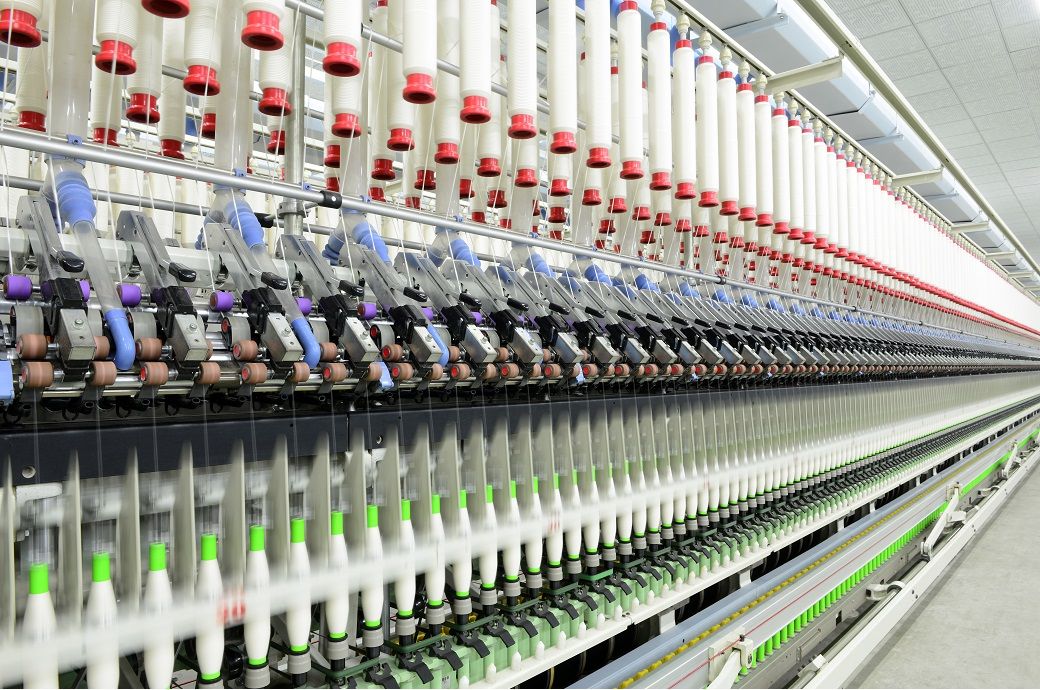
The cotton yarn market in Mumbai is experiencing selling pressure, with millers, stockists, and traders seeking buyers to clear their stocks of cotton yarn. However, power loom owners are not interested in purchasing large quantities. "Although cotton yarn prices remained stable, sellers were offering discounts on declared prices to attract buyers. The weaving industry is also facing lower demand from garment manufacturers," a trader from Mumbai market told Fibre2fashion. A new trend of blending cheaper fibres has also been observed in the fabric market, with cotton-polyester, cotton-viscose, polyester and viscose fabrics gaining popularity due to their price margins. The fabric and garment industry is adopting cheaper raw materials to protect their margins.
In Mumbai, 60 count carded cotton yarn of warp and weft varieties were traded at ₹1,550-1,580 and ₹1,410-1,440 per 5 kg (GST extra) respectively. The 60 combed warp was priced at ₹350-353 per kg, 80 carded (weft) cotton yarn was sold at ₹1,460-1,500 per 4.5 kg; 44/46 count carded cotton yarn (warp) was priced at ₹280-285 per kg, 40/41 count carded cotton yarn (warp) was sold at ₹272-276 per kg and 40/41 count combed yarn (warp) was priced at ₹294-307 per kg, according to Fibre2Fashion’s market insight tool TexPro.
The prices of cotton yarn in the Tiruppur market have also stabilised due to unsupportive demand. The export demand is very poor, which is not helping the cotton yarn market. Costlier cotton yarn has limited acceptability in the domestic market. "The market demand is not expected to improve in the near future. The margins of the textiles value chain have decreased to the lowest level. Many spinners are running their mills with no margins or facing losses in production. Nobody is comfortable with the current market scenario," a Tiruppur-based trader told F2F.
In the Tiruppur market, 30 count combed cotton yarn was traded at ₹278-282 per kg (GST extra), 34 count combed at ₹288-292 per kg, and 40 count combed at ₹305-310 per kg. The cotton yarn of 30 count carded was sold at ₹250-255 per kg, 34 count carded at ₹255-260 per kg, and 40 count carded at ₹265-270 per kg, as per TexPro.
Cotton prices in Gujarat have experienced a weaker trend due to lower demand from spinning mills. Traders have reported that spinners are being cautious in their buying as the demand from the downstream industry is uncertain. Millers are also not interested in building inventory. Cotton yarn was priced at ₹61,700-62,300 per candy of 356 kg, and the cotton arrival was noted at 25,000-27,000 bales of 170 kg in Gujarat. The all-India arrival is estimated to be around 90-95 lakh bales.
ALCHEMPro News Desk (KUL)
Receive daily prices and market insights straight to your inbox. Subscribe to AlchemPro Weekly!